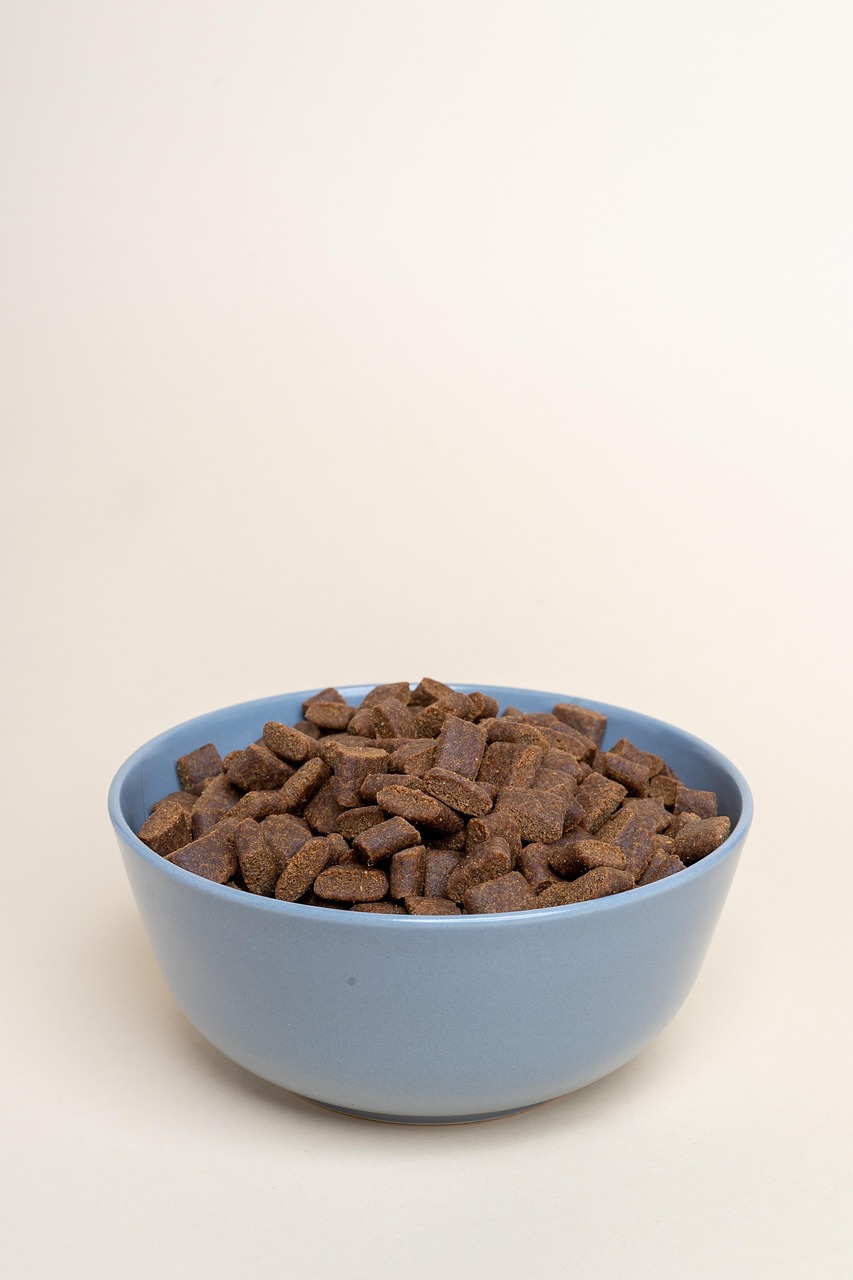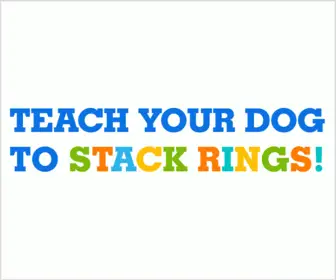Dangerous Delights: Common Human Foods That Are Toxic to Dogs
As dog owners, we often consider our furry friends as part of our family, which can sometimes lead to sharing our table scraps or treating them with human foods. However, what is tasty and harmless to us can pose a severe health risk to our canine companions. This article aims to enlighten dog owners about common human foods that are toxic to dogs, ensuring the safety and well-being of your beloved pet.
1. Chocolate: A Well-Known Danger
Chocolate is perhaps one of the most well-known foods that is hazardous to dogs. The toxic component in chocolate is theobromine, a compound similar to caffeine. Darker chocolates contain higher levels of theobromine, making them more dangerous than milk chocolates. Ingestion can lead to vomiting, diarrhea, rapid breathing, increased heart rate, and even seizures in dogs. As little as a square of baking chocolate can be fatal.
2. Xylitol: The Hidden Threat in Sweets
Xylitol is a sugar substitute found in many sugar-free products like candies, gum, and baked goods. It can also be present in certain brands of toothpaste and mouthwash. Xylitol causes a rapid release of insulin in dogs, which leads to a significant drop in blood sugar (hypoglycemia). Early symptoms of xylitol poisoning include vomiting, lethargy, and loss of coordination, which can progress to seizures and liver failure.
3. Grapes and Raisins: Small but Lethal
Though the toxic substance in grapes and raisins is unknown, these fruits have been linked to kidney failure in dogs. Even a small amount can make a dog ill, and toxicity can manifest through vomiting, lethargy, and depression. It is crucial to keep grapes and raisins out of reach of dogs, regardless of their breed or size.
4. Onions and Garlic: Stealthy Culprits
Onions, garlic, leeks, and chives, whether raw, cooked, powdered, or dehydrated, can be harmful to dogs. These foods cause oxidative damage to red blood cells leading to hemolytic anemia. Signs of poisoning might include weakness, vomiting, little interest in food, dullness, and breathlessness. Due to their potent nature, even small doses on a regular basis can be harmful.
5. Alcohol: Not a Dog’s Drink
Alcohol’s effects on dogs are much more pronounced than on humans. Even a small amount can cause symptoms ranging from a lack of coordination, dizziness, and drowsiness to excessive panting, vomiting, and even coma or death. Moreover, alcohol is present in some surprising places like unbaked dough and desserts, making it important to keep such items out of your dog’s reach.
6. Caffeine: More Dangerous Than You Think
Caffeinated beverages such as coffee, teas, and energy drinks are widely consumed by humans but can be toxic to dogs. Symptoms of caffeine poisoning include restlessness, rapid breathing, heart palpitations, and muscle tremors. In severe cases, ingestion can result in death. Therefore, it’s crucial to keep all sources of caffeine well away from dogs.
7. Macadamia Nuts: A Nutty Hazard
Macadamia nuts are another food that can be harmful to dogs. Symptoms of poisoning by macadamia nuts include weakness in the hind legs, vomiting, tremors, and hyperthermia. The actual toxin has not been identified, but the effects can be distressing and even debilitating.
8. Avocado: More Than Just Fat
Avocado contains Persin, a fungicidal toxin that can be harmful to a dog’s heart and lungs. While the most intense poisoning occurs mostly in birds and livestock, dogs are also susceptible to Persin. Moreover, the large seed poses a significant choking hazard and can cause intestinal blockage if swallowed.
9. Salt: Excessive Amounts Can Be Deadly
Consuming too much salt can lead to sodium ion poisoning in dogs. Symptoms can include vomiting, diarrhea, high temperature, and seizures. Extremely high levels can be fatal. Avoid feeding salty snacks like chips, pretzels, and salted popcorn to your pet.
Conclusion
Dogs have different metabolism and dietary needs compared to humans. As responsible pet owners, it’s our job to ensure their diet supports their health rather than putting them at risk. Always be cautious with human foods, and opt for healthy dog treats and a balanced dog-specific diet. If you suspect your dog has ingested any toxic food, contact your veterinarian or an emergency pet poison control center immediately. Remember, prevention is always better than cure.
By understanding and avoiding the risks posed by these common human foods, you can help keep your dog safe and healthy. Remember that while treating your pet might feel like a way to show love, the best way to care for them is through proper diet management and avoiding toxic foods entirely.



